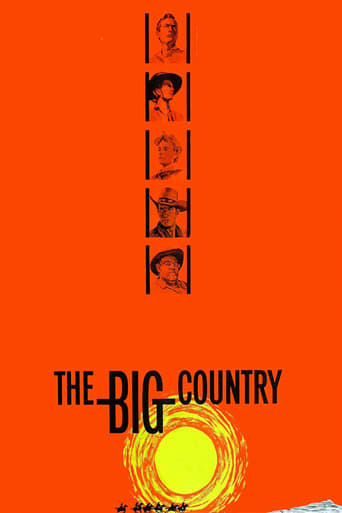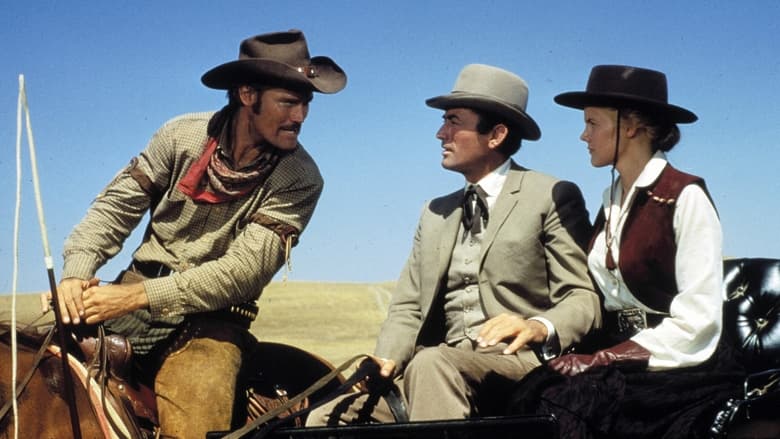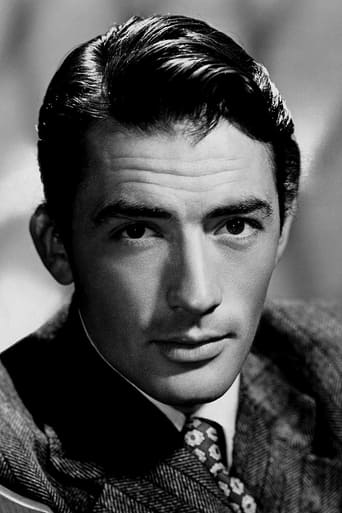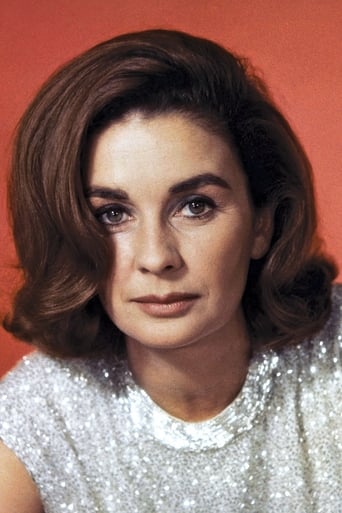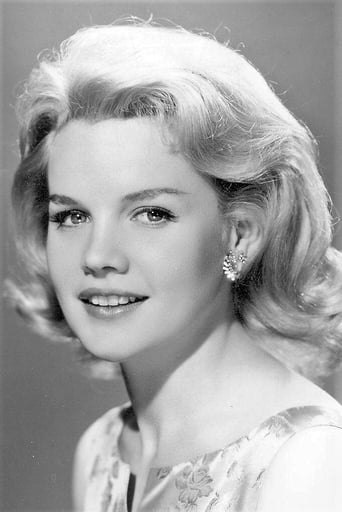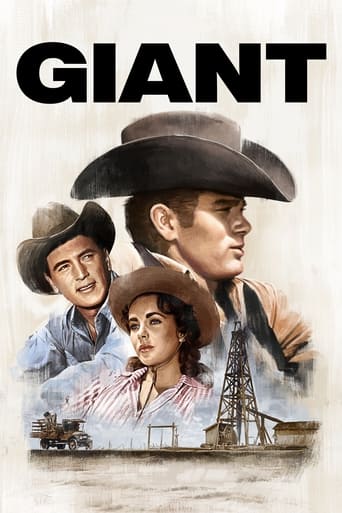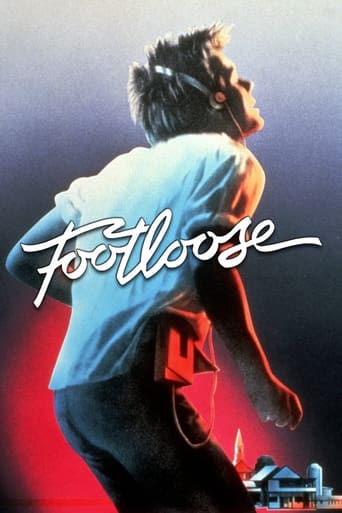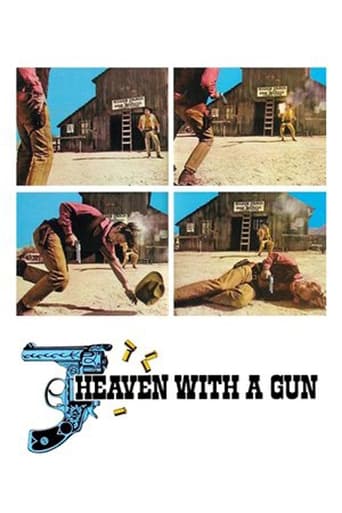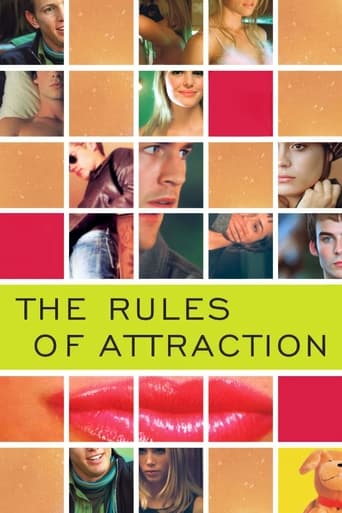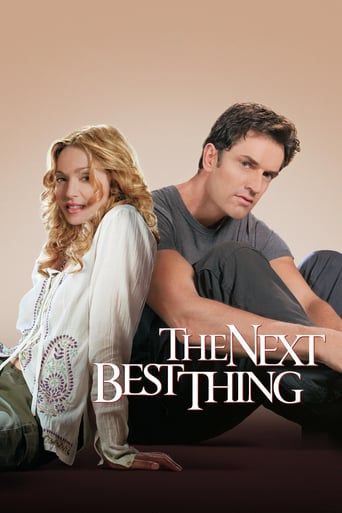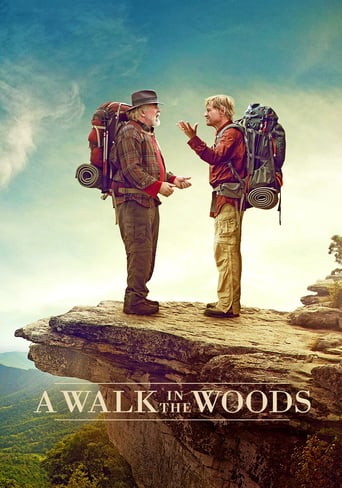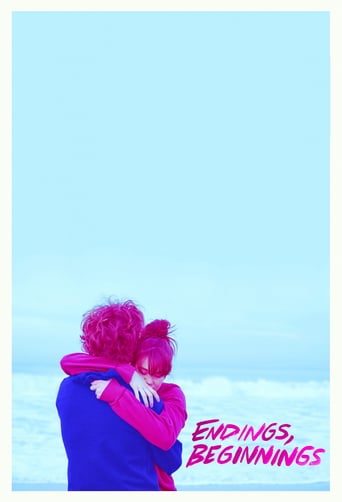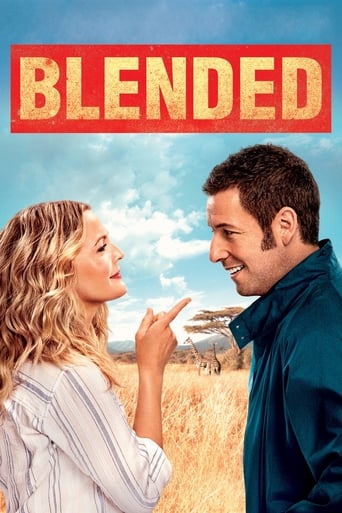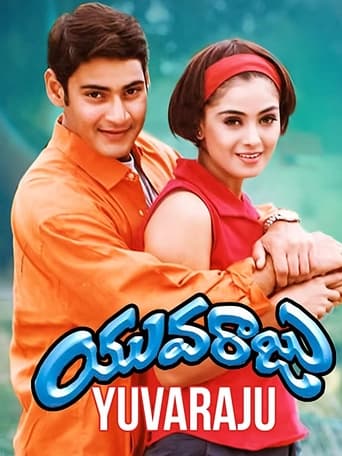The Big Country (1958)
Retired wealthy sea captain Jim McKay arrives in the Old West, where he becomes embroiled in a feud between his future father-in-law, Major Terrill, and the rough and lawless Hannasseys over a valuable patch of land.
Watch Trailer
Free Trial Channels
Cast


Similar titles
Reviews
Don't listen to the negative reviews
A lot of fun.
This is a small, humorous movie in some ways, but it has a huge heart. What a nice experience.
The movie is wonderful and true, an act of love in all its contradictions and complexity
The Big Country is great for so many reasons, but the greatest reason to me has always been Jerome Moross' s magnificent score. From the signature sweeping opening theme to the subtle background for the fight between Gregory Peck and Charleton Heston the music simply amplifies the majesty of the film. One scene in particular leaps out as genius. Early in the film Moross employs a rugged theme for the "war party" riding off for some vengeance. Later, when the culminating showdown approaches in Blanco Canyon, Heston and Charles Bickford have a divisive argument that ends with Bickford riding off alone. Listen at this point for the way Moross accompanies Bickford with a simple lead up to the "war party" theme. Then, as the contrite Heston rides around a bend in the canyon, Moross adds a more complex second peroration of the theme as Heston joins Bickford. Finally, the rest of the war party gallops around the bend to join their leaders Bickford and Heston as Moross adds all the rest of the musical elements of the "war party" theme. The musical moment is simply thrilling!
This is in response to the many critics who have slated the "The Big Country" for being too long (a famous cry of derision) and for dragging along without the proverbial action. What I cannot understand is how many of these same critics wax lyrical about so many other films that "drag on" for well nigh three hours. I am thinking about some of David Lean's epics, for example ("Doctor Zhivago" and "Ryan's Daughter") which come to mind here. I am not for one moment suggesting that these films are boring or lacking in artistic merit. I am simply curious as to why "The Big Country" is constantly singled out in almost the all the opening lines of the commentaries that have been written.Is this tendency, perhaps, attributed to the fact that the film is a western? Is the western, then, supposed to adhere strictly to the time honoured formula of blood and thunder, hell and leather bang-bang served up in the customary ninety-minute time capsule? Strait-jacketed? Comparisons, I concede, are odious. Pray, allow me a moment to allude to another Western purely in an attempt to illustrate my point.A fellow reviewer on this forum, in his denunciation of "TBC" ("boring, boring") drew comparisons with Sergio Leone's "Once Upon A Time in the West" (a brilliant film, no doubt). In the words of respected critic, Leonard Maltin, the film is, "a languid operatic masterpiece". Maltin however, dismisses "TBC" as "an overblown western". And herein lies the rub!Both these films are thematically rich and complex, layered with gripping sub-plots emerging in all the respective stages of development. Both films are enrich by stellar performances from star-studded casts. There is never a dull moment in each. Even though the viewer may guess the outcome of "TBC", he or she is intrigued as to how the plot will finally resolve itself. This is what sustains the heart and soul of the picture.There is not a single flawed performance in "TBC". The actors remain true to the script. The action, like in "Once Upon a Time ..." and in Lean's masterpieces, is measured and seamless. It represents a study in the concentrated stream of consciousness (personified in the character of James Mackay). This is diametrically opposed by the smouldering temperments of many of the other characters in the fabric of the work; a classic case of antithetical counter-balancing, here. Pound for pound, ounce for ounce, "TBC" stands up to "Once Upon a Time ..." and its counterparts. Why then this prejudice against, "The Big Country"? It intrigues me!
There have been many fine reviews of this film already. Thus, I will mostly confine my remarks to one of the themes of the film: the incompatibilities that most contributed to the breakup of marriage plans between ex- Yankee sea captain Jim McKay(Gregory Peck) and his fiancée Pat Terrill(Carroll Baker), daughter of a cattle baron in the West. But, first, I would like to point out that, although not hinted in the film, the feud between the Hannasseys and Terrills was likely rooted in ethnic and religious bigotry. Hannassey is an Irish name, and the Terrills were most likely of English ancestry. This fits the general peception of the times of Irish immigrants as uncouth ruffians. Also, I should mention that Peck was very reluctant to be under the direction of the perfectionist William Wyler, whom he had worked with in "Roman Holidays", who was infamous for the many 'takes' he required.Clearly, the middle-aged Jim and young Pat didn't know each other very well before Jim made the life-changing decision to retire from his nautical career to begin life as a rancher. Pat soon figured out that Jim was determined to quickly become his own man in this 'big country', not just her father's puppet. Strike one against him. She also discovered that Jim was too aloof to the rough and tumble western ranch culture for her liking. Not only did he show minimal hostility toward the rough hazing reception by the Hannassey 'boys', he refused to cooperate with the baiting challenges of riding a notoriously untamable horse, or brawling with ranch hand Steve(Carleton Heston), who also had the hots for Pat. The latter 2 challenges he eventually met, but only when there was no crowd to make him a spectacle, win or lose. Unlike some reviewers, I don't see Jim's aloofness regarding these challenges as necessarily a sign of superior nobleness. Rather they seem prudent responses. Also, he was much influenced by his father's death in a dual over which, in retrospect, was a rather trivial matter. It was prudent not to show great fear nor anger when faced with a gang of ruffians in an unfamiliar territory and culture. It was prudent not to risk making a fool of himself and risking serious injury before a crowd, including his fiancé, in trying to ride a horse hinted at as being very wild. It was prudent to decline engaging in a fist fight, with possible serious injury, over the seemingly trivial question of whether he had become lost in his solo survey of the ranch. But later, when learning of the kidnapping of his new love, Julie(Jean Simmons), by the Hannasseys, he ignored prudence and played the role of potential hero or dead man. The lines between courage and foolhardiness, and between cowardice and prudence will often be blurred.Various reviewers have made the point that a fundamental difference between Jim and Pat was that Jim believed that what he was really like and had accomplished was more important, whereas Pat believed how others saw you was more important than what you were really like. The film biases our opinion to see Jim's ethos as the better of the two, but remember that Peck was a coproducer of the film. As I see it, in the real world, both are important. Reputation often makes the difference between success and failure in the business world, whether based on fact or fiction. However, Pat should have understood that Jim had prudent reasons, consistent with his aloof personality, for responding to the several baiting challenges he was faced with, as he did. After all, as an ex-sea captain, Jim was used to exhibiting a degree of aloofness. Interestingly, when it came to sharing water rights that he now technically owned, something critical to all his neighbors, Jim was not aloof, declaring all neighboring parties had equal access to his water, as they had, some years ago, under Julie's father. Julie, as a non-cattlewoman heir to her father's land, had been too weak, and too connected with the Terrills to fully enforce the tradition of equal water access. Hopefully, now in league with Jim, and presumably now disconnected with the Terrills as well as the Hennasseys, the pair would be strong enough to enforce their critical rule.
I've always liked Gregory Peck, and I think he's great here, but it's Charlton Heston's nuanced performance that prompts these comments. I've stated elsewhere (in my comments for TREASURE ISLAND, for instance) that Charlton Heston was more than capable of playing a believable Bad Guy and that he could've made a career out of doing just that had he so chosen; and one of his finest turns came in THE BIG COUNTRY. Shakespearean in scope, THE BIG COUNTRY features Heston as the ranch foreman Steve Leech. It's a nuanced performance, with Leech at first coming off as little more than a hard-driving b****** with a thing for the woman who would become Peck's girl- but the character goes through a very dramatic change that showcases Heston's range: the "Bad" Guy morphs into a Not So Bad Guy After All. The times Heston impresses on screen are about as numerous as the films he starred in (or even co-starred in, or had what amounted to a bit part in). The man was a consummate professional and it's always a pleasure to watch him work. There'll never be another like him.

